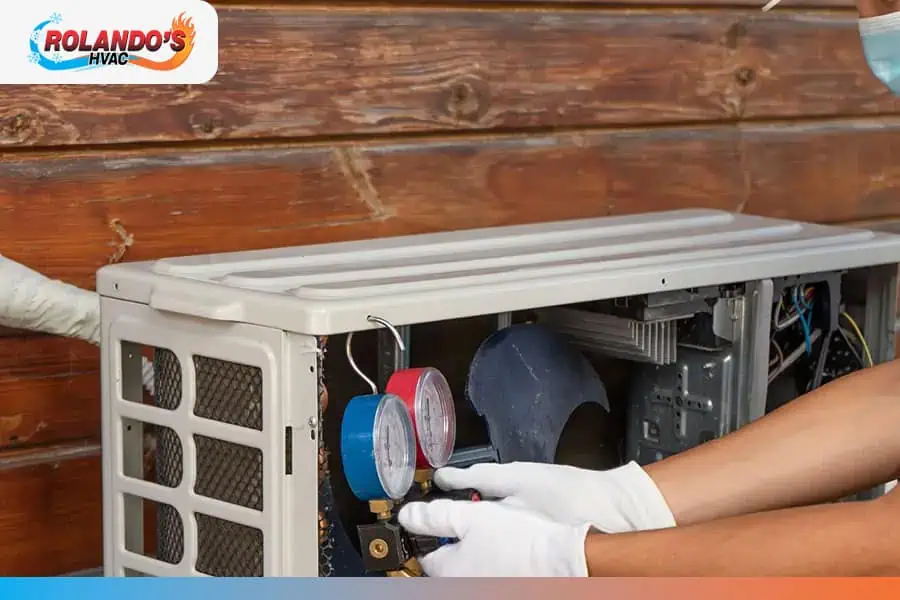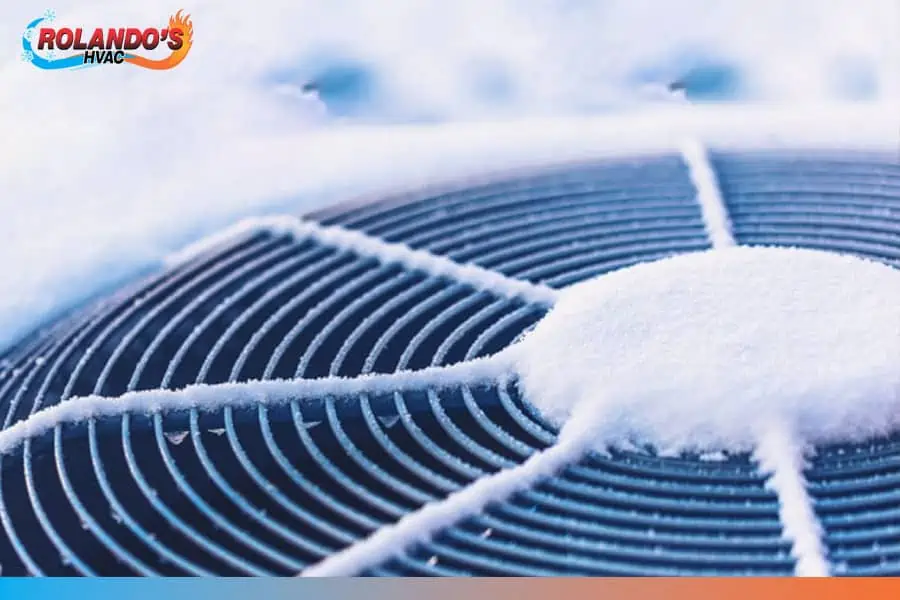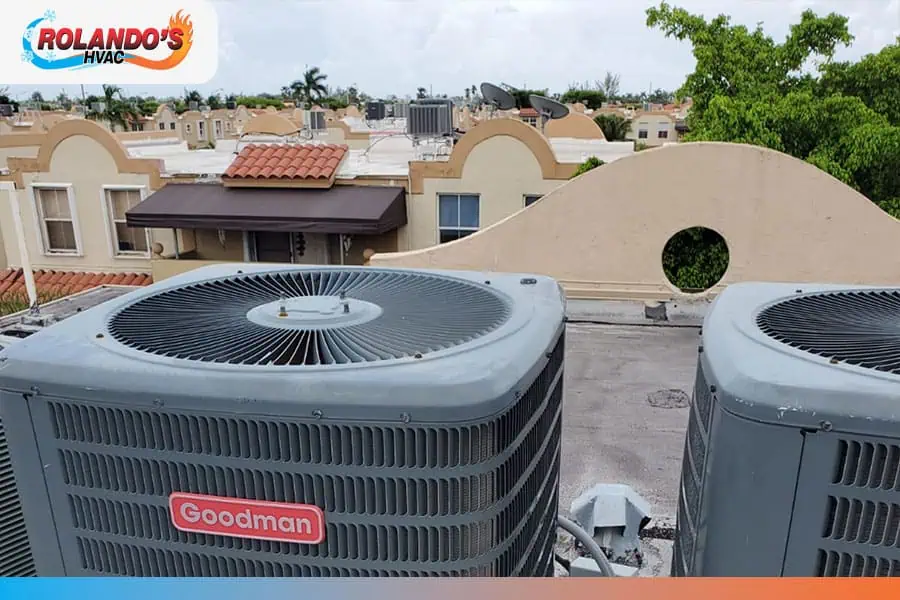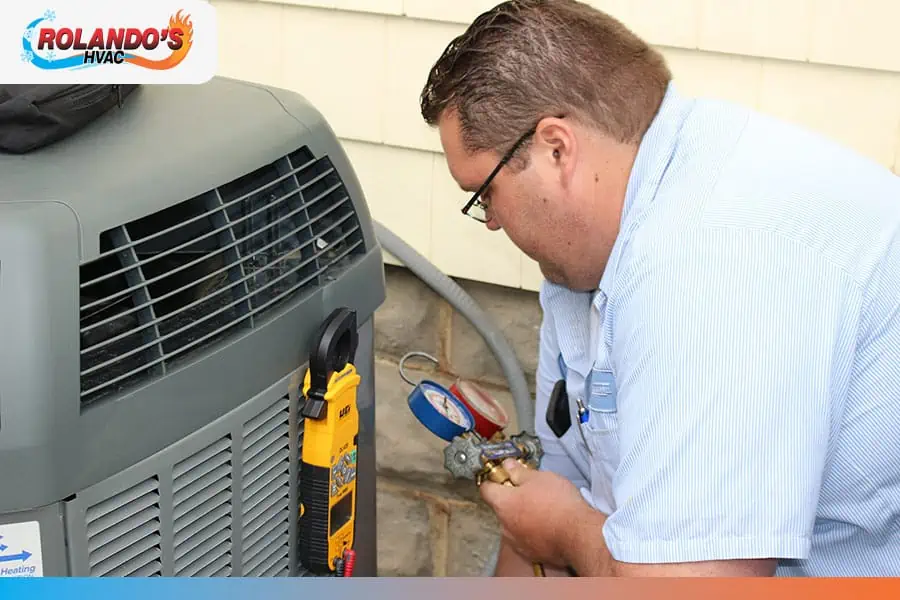
July 4, 2025
AC Refrigerant Leaks in Tampa: What Causes Them and How to Fix It
Tampa’s long, hot cooling season and high humidity levels make reliable air conditioning a necessity—not a luxury. But what many homeowners don’t realize is that a refrigerant leak in their air conditioning system can silently reduce performance, spike energy bills, and compromise indoor air quality. If you live in Town 'n' Country or anywhere in the Tampa Bay area, understanding what causes these leaks—and how to fix them—can help you avoid costly breakdowns.
Learn more about our AC Equipment Repair in Tampa
What Is AC Refrigerant and Why Is It Important?
Refrigerant is the specialized chemical compound that allows your AC unit to produce cool air. It works by cycling between the evaporator coil inside your home and the condenser coil in the outdoor unit, absorbing heat from the air inside and releasing it outdoors.
Many Tampa homes still use older systems with R-22 (commonly called Freon), but newer models rely on R-410A, which is more efficient and less harmful to the environment. Whether you own a traditional cooling system or a heat pump, refrigerant plays a critical role in delivering comfort year-round.
Wondering how long your AC unit should last in Tampa’s climate? Learn what to expect—and when to replace—in our expert guide.
What Causes AC System Leaks?
Refrigerant leaks in an air conditioning unit can happen for many reasons—and catching them early can reduce the cost of repairs and help you avoid replacing your entire system.
Corrosion from Salt Air & Humidity
In coastal areas like Town 'n' Country, constant exposure to salty, humid air can corrode copper tubes and service valves. Formic acid can also form on metal surfaces and eat through them over time, creating pinhole leaks.
Wear and Tear
With time, even the best-installed systems experience wear on seals, valves, and connections. The older your system, the more vulnerable it is to major problems from routine stress and high pressure cycles.
Improper Installation or Repairs
A common issue with poor installation is faulty brazing or loose connections that slowly leak refrigerant. Inexperienced technicians may skip vital steps like pressure testing or pulling a proper vacuum, leading to future failures.
Factory Defects
Even brand-new equipment can have structural weak points. Defective coils or connectors may develop leaks early in the system's life.
Storm & Pest Damage
Florida weather brings heavy storms and flying debris. Vibrations from thunderstorms or even vermin chewing lines can result in physical damage to refrigerant tubing.
Aging AC Systems Using R-22
If you still rely on an older air conditioning system unit that uses R-22, any leak may be a sign it’s time for a new system. Repairs may be costly and less cost effective than upgrading.
Discover more about how to decide if you need AC Replacement vs. Repair.
Signs of a Refrigerant Leak in Your AC System
Even a small refrigerant leak can slowly reduce your AC's cooling power and lead to major repairs if not caught early. Knowing what symptoms to watch for can help you spot problems before they turn into costly breakdowns.
- Warm air coming from vents
- Hissing or bubbling sounds near lines or coil
- Higher humidity levels indoors
- Ice buildup on evaporator coil or refrigerant lines
- Rising energy bills with no other explanation
- Longer cooling cycles to reach set temperature
Learn more about How Dirty Air Filters Cause AC Breakdowns.
Is a Refrigerant Leak Dangerous?
Yes—refrigerant leaks pose multiple risks:
- Health Hazards: Direct exposure can cause dizziness, nausea, or respiratory issues if inhaled.
- Compressor Damage: Low refrigerant puts stress on the compressor, potentially leading to total equipment failure.
- Environmental Harm: Both R-22 and R-410A contribute to climate change if released into the air.
- Legal Compliance: Only certified technicians are authorized to handle refrigerants due to EPA regulations.
👉 For fast, affordable AC repair in Tampa, trust Rolando’s HVAC—see our full list of air conditioning services.
Can You Repair a Refrigerant Leak or Should You Replace the Unit?
Using specialized tools like a refrigerant leak detector, technicians can locate and seal minor leaks.
Repair is possible when:
- Leaks are small and isolated
- The system is relatively new
- Replacement parts are still available
Replacement is better when:
- The system uses R-22
- Leaks are in the evaporator coil or compressor
- You’ve needed frequent recharges
- The older AC unit is beyond its expected lifespan
In Tampa’s heat, efficiency matters. Find out why energy-efficient systems are a smart investment for your Florida home.
How Much Does AC Refrigerant Leak Repair Cost in Tampa?
| Service Type | Average Cost |
| Leak Detection | $150–$400 |
| Refrigerant Recharge | $200–$600 |
| Line Repair or Replacement | $300–$1,200 |
| Full System Replacement | $4,500+ |
Homeowners in Town 'n' Country may pay more if compressor or coil damage is found, especially after storm-related events.
How Do Refrigerant Leaks Affect Your Energy Bills?
If your energy bills are climbing but your comfort level is dropping, a refrigerant leak might be the hidden culprit. These leaks force your air conditioning system to work harder, consuming more power just to maintain the same temperature.
- The AC runs longer to reach target temperatures
- Cooling power drops while electricity use increases
- Florida’s peak summer rates make even small leaks costly
- Leaks reduce system lifespan and increase the risk of more damage
👉 Want more control over temperature and energy use? See how smart thermostats improve AC efficiency and cut costs in Tampa homes.
How to Prevent AC Refrigerant Leaks in Florida Homes
While refrigerant leaks can be frustrating and expensive, many are preventable with the right upkeep. By staying proactive, Florida homeowners can protect their cooling systems from wear, corrosion, and other common causes of leaks—especially in humid areas like Town 'n' Country.
- Schedule routine maintenance to catch leaks early
- Change filters regularly to maintain airflow over the coil
- Inspect for corrosion and insulation wear
- Upgrade to high-efficiency systems with durable tubing
- Use smart thermostats and IAQ accessories to reduce system strain
FAQ: Tampa AC Refrigerant Leaks (Schema Block Recommended)
What causes refrigerant leaks in air conditioners?
In coastal areas like Town 'n' Country, constant exposure to salty, humid air can corrode copper tubing and service valves. Over time, formic acid—a natural byproduct of moisture and household chemicals—can build up on metal surfaces and slowly eat away at coils, creating pinhole refrigerant leaks.
How do I know if my air conditioning system has a refrigerant leak?
Common signs include warm air from vents, ice on refrigerant lines, hissing or bubbling sounds, longer cooling cycles, and unexplained spikes in your energy bill.
Can I fix a refrigerant leak myself?
No. Refrigerant handling is regulated by the EPA. Repairs require licensed HVAC technicians with specialized leak detection and sealing tools.
How long can I run my AC with a freon leak?
Running your air conditioning system with a leak can lead to compressor failure, higher repair costs, and lower system efficiency. Shut it off and call a professional as soon as possible.
How much refrigerant does a central AC use?
Most residential central AC systems use between 2 and 10 pounds of refrigerant, depending on unit size and manufacturer specifications.
Worried your Cooling System is Leaking Refrigerant?
Rolando’s HVAC provides fast leak detection, expert repairs, and honest advice on whether to repair or replace your system.
📞 Call (813) 373-6804 or 💻 Request Service Now
📍 Proudly serving Tampa and neighborhoods like Town 'n' Country with expert AC repair and energy-saving upgrades.

Rolando Mojarrieta is the founder of Rolando’s HVAC, a licensed HVAC contractor based in Town ‘n’ Country and serving the greater Tampa Bay area. With over 15 years of experience in residential air conditioning, heat pump installations, and energy-saving upgrades, Rolando is committed to helping Florida homeowners stay comfortable year-round. License #CAC1820272.

December 1, 2025


